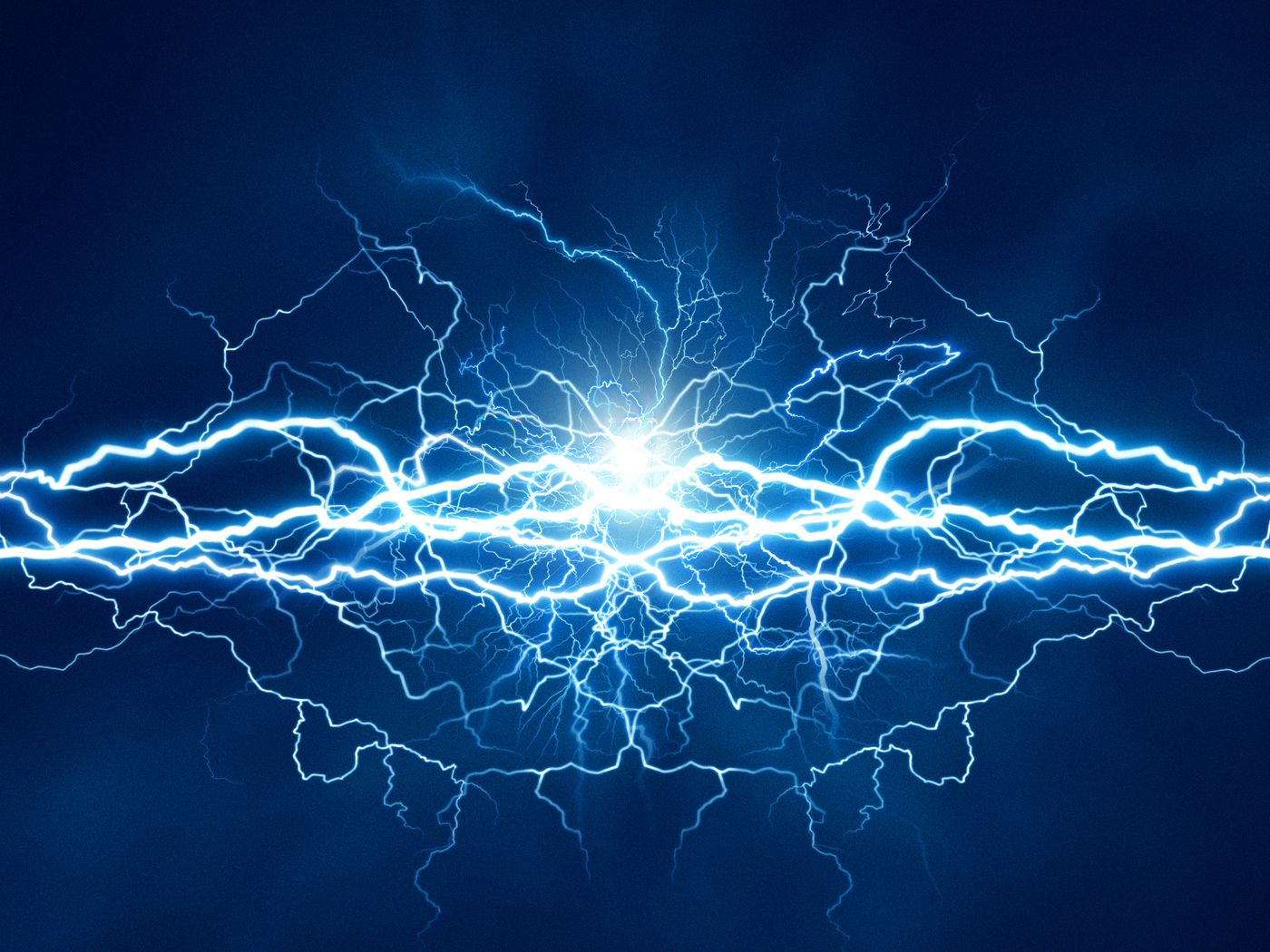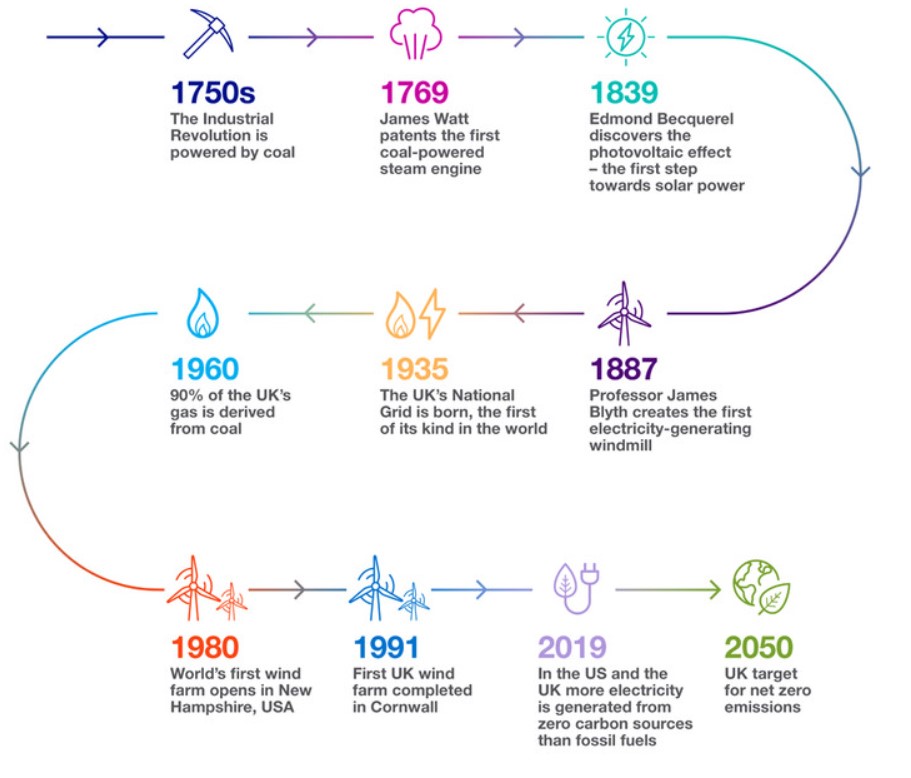
I received a bunch of interesting pings this week, but a few stood out. The main one was about the climate impact of crypto:
Ethereum has managed to massively decrease its annual CO2 emissions as it has moved to a proof-of-stake blockchain. In 2021, it was creating a huge 21.95 million tons of CO2, which has now been decreased to just 8,824 tons. 44,121 trees would need to be planted in order to offset Ethereum’s annual emissions, compared to a huge 109,751,315 trees the previous year.
Source: Forex Suggest
This is close to my heart, as I’m keen to ensure we have sustainable finance. When Ethereum moved from proof-of-work to proof-of-stake, it was a major change and there are more changes to come. But it is clear that the original model of crypto is unsustainable. A model based upon mining and proof-of-work abuses the planet and will fail.
This then strikes to the heart of our modern youth. On the one hand, they want libertarian, decentralised control; on the other, they want to make sure we tackle climate change and the issues of our future.
Are the two in tandem or conflicted?
Personally, I would say that they are in conflict. We depend upon electricity today. In fact, we depend upon electricity more and more. Electric cars, tablet and laptop computers, screens and smartphones, the devices we attach to them. What would we do if electricity stopped tomorrow?
This may seem like a silly and facetious question but, seriously: what would we do if electricity stopped tomorrow?
We would be stuffed.
Yet, if you think about it, electricity has only been around for a few hundred years.
Source: UK National Grid
What would our world be like without electricity? What would you do if you could not recharge your batteries? How would your world work without a fridge or a cooker? Can Fintech and banking work without a digital connection?
Sure, it seems like an erroneous question but sometimes the power does run out. South Africa is experiencing regular power outages; California has been through the same; in a world of high costs for energy sources – gas and coal – can we keep the world going?
Yet, on the other hand, we want to stop investing in fossil fuel firms. These are the very same firms that fuel our world … literally. If you take away the fuel of our houses, and therefore take away the things we depend upon like TVs, computers and, these days, cars, what’s the alternative?
Oh, it’s renewable energy, nuclear power, hydrogen, biomass, and geothermal energy.
Luckily, some cryptocurrencies are thinking about this.
Meanwhile, when I look at the debate about proof-of-work versus proof-of-stake, this is the core of why it makes far more sense to invest in and support Ethereum.
Proof of stake requires much less energy and no specialised equipment. As a result, it is considered a more environmentally-friendly alternative to proof of work.
Source: Time
Chris M Skinner
Chris Skinner is best known as an independent commentator on the financial markets through his blog, TheFinanser.com, as author of the bestselling book Digital Bank, and Chair of the European networking forum the Financial Services Club. He has been voted one of the most influential people in banking by The Financial Brand (as well as one of the best blogs), a FinTech Titan (Next Bank), one of the Fintech Leaders you need to follow (City AM, Deluxe and Jax Finance), as well as one of the Top 40 most influential people in financial technology by the Wall Street Journal's Financial News. To learn more click here...



